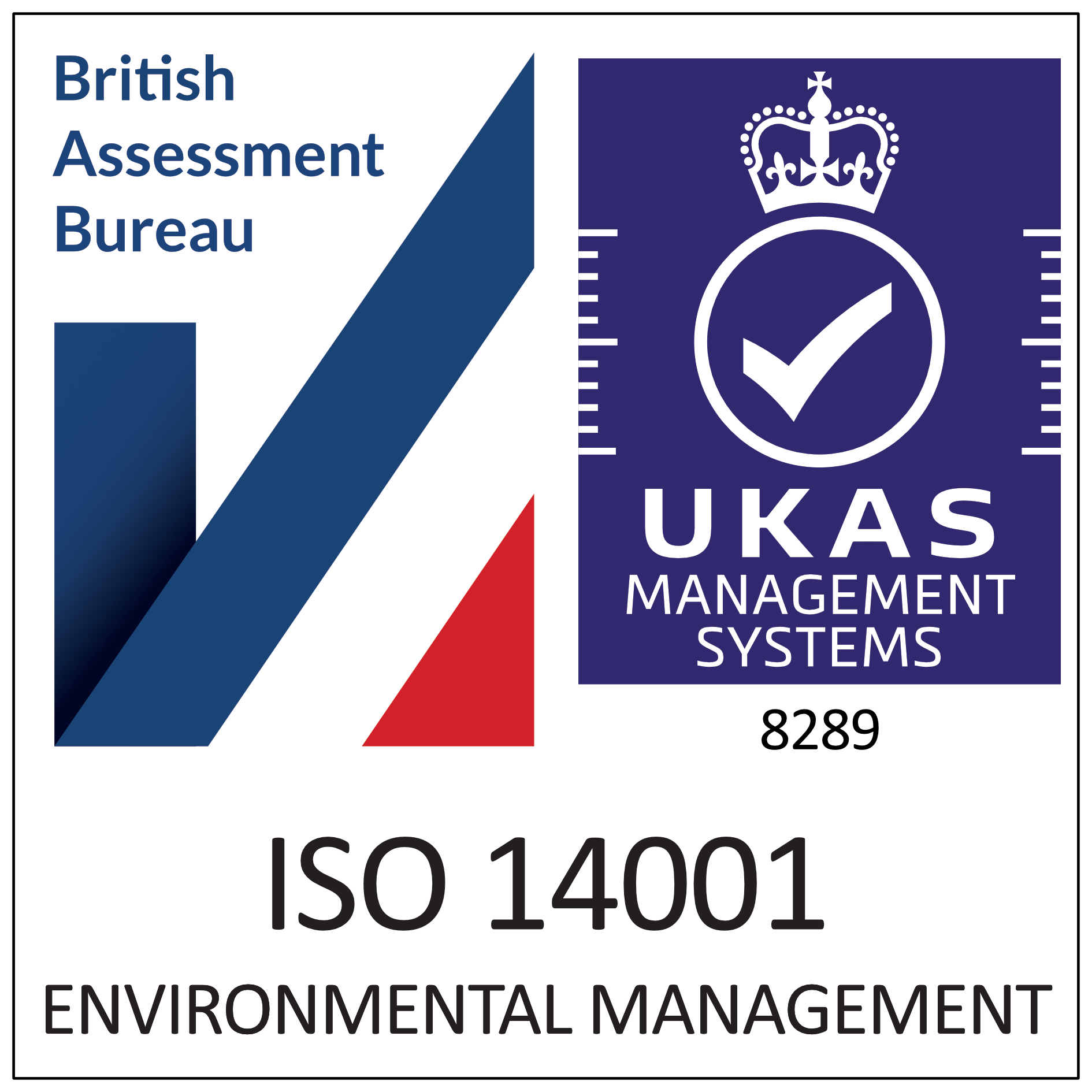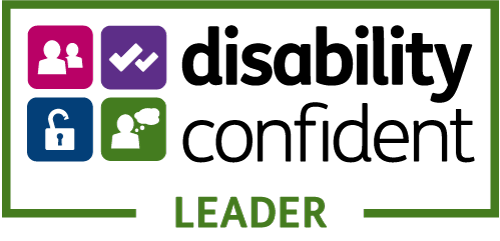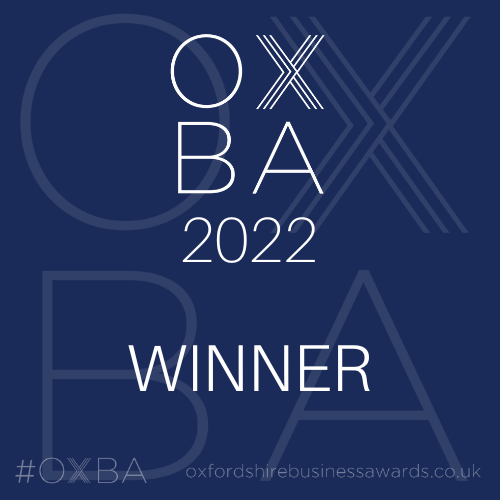








Course code: EHCP101P
Subject area: Animal Therapy & Rehabilitation FdSc and BSc (Hons)
Study level: Undergraduate
Course level: H
Course time:
09:00 - 17:00
Days of week:
Thursday & Friday
Course date:
19th Sept 2024 - 4th Jul 2025
Course location:
Common Leys FarmA key feature of the FdSc programme is the emphasis on practical opportunities for work-based learning, which takes advantage of the College’s close links to the industry. In addition, practical learning is facilitated through excellent animal and equine facilities and the proximity to a wide range of external animal-based establishments.
Using the latest equipment and high quality facilities students recieve the very best training to go far in the industry. The course is delivered over 2 days per week with students attending both the Witney and Common Leys Farm campuses.
In the second year, students explore the complexities of therapy methods in a diverse range of contextualised scenarios such as animal disease and health, principles of hydrotherapy, emergency management, and practical therapy techniques.
The FdSc and BSc will enable students to develop interpersonal skills and to be critically informed and resourceful individuals, aware of the wider impact of therapy and veterinary activities on patients, society and organisational stakeholders. Staff involved with the delivery, teaching and assessment of the course have a range of industry experience and academic skills and a keen involvement within research.
This course is validated by Oxford Brookes University. Applications are made through UCAS – code DD32
• Professional and Academic Skills
• Practical Animal Husbandry
• Principles of Animal Behaviour
• Animal Anatomy and Physiology
• Applied Science
• Animal Welfare and Ethics
• Introduction to Therapies
• Business in the Animal Industry
Year 2
• Research Methods for Industry (Double)
• Animal nutrition
• Practical Therapy and Rehabilitation Techniques
• Principles of Hydrotherapy
• Injuries, Diseases and Disorders
• Health and Emergency Management
Students will usually have achieved a relevant animal related level 5 qualification of 240 CAT points, or equivalent.
Students may also go into employment within therapy, welfare or veterinary centres. Potential careers may include animal hydrotherapist, working with the veterinary profession to support rehabilitation, practice manager, research and sales within the veterinary pharmaceutical or specialist equipment industries.
Either:
* A minimum of two years’ relevant work experience and a current role in an appropriate workplace setting,
* Relevant science experience; and
* A Line Manager’s letter of support and recommendation;
Or:
A minimum of 80 UCAS points, including a science subject, which could arise from the following:
* A BTEC Subsidiary Diploma, Diploma, Extended Diploma or other equivalent qualifications, such as GNVQ/NVQ or other Level 3 vocational qualifications.
* A minimum of one pass at A-level or 6-unit Vocational A-level, plus three passes at GCSE (grades 9-4/A-C), or O-level (grades A–C) normally including Mathematics, English Language and Science.
It may be possible, in certain situations, to gain accreditation of prior learning to enable students to enter the course with advanced standing or gain exemption from an element/elements of the programme.
Students who have completed 240 credits at levels 4 and 5 at another institution within or outside the UK may be considered, subject to individual credit rating by Oxford Brookes University.
English Language Requirements (For students whose first language is not English): IELTS 6.0 (with 6.0 in reading and writing, 5.5 in listening and speaking). All students must meet UK visa and immigration requirements. Further information can be found at https://www.brookes.ac.uk/students/isat/visas.
We include students with disabilities and/or learning difficulties into the life of the College and seek to offer opportunities for success in all courses at all levels. If you have any particular requirements, please contact our Learning Support Adviser on 01235 216440.
International tuition fee is £9,900 per year for new students, £9,650 for continuers.
Students are required to have their own personal protective equipment for animal handling practicals; sturdy boots, overalls and indoor practical coats. Students can purchase optional uniform; this can be ordered online - please contact the College to find out more.
All learning resources are available in the University library and online, but students may wish to purchase their own specific textbooks. Prices range from £25-250.
Students will need to budget for transport costs between sites. Typically, the bus fare between Oxford and Common Leys is £6.40 return. There is a free shuttle bus between the Witney and Common Leys college campuses, and additionally there is free parking on site at Common Leys. Oxford has a park and ride service, where similar fees apply.
Attendance on a variety of day trips and at a number of guest lectures may be a compulsory part of the course and you will need to pay the associated fees. An ideal range would be £40-£80, dependent on trips arranged.
A conservation trip to Africa trip is organised every two years and will cost around £2,200 but is optional.
Tuition Fee: £0.00
Modules are assessed in most cases by a mix of coursework and examinations. Coursework will include a range of assessment methods, for example: essays, report writing, presentations, and practical observations. Examinations include short and long answer questions, multiple choice questions, and case studies.
Formal assignments will be returned to students within three weeks of the submission date.








